Introduction
Einführung
Weak verbs, sometimes simply called regular verbs, simply take the ~te ending in the simple past and subjunctive, and the ~t ending in part participle form.
These can generally be identified from their English counterpart. If a word in English, such as laugh, takes an ~ed ending in its past form, laughed, the German word will likely be weak: lachen becomes lechte.
While a few weak verbs differ from the standard conjugation pattern, they are regarded as the more regular group of verbs.
Strong verbs are generally those verbs which have English counterparts that change stem-vowels instead. An example is swim which becomes swam and has the German counterpart schwimmen which becomes schwamm.
These can generally be identified from their English counterpart. If a word in English, such as laugh, takes an ~ed ending in its past form, laughed, the German word will likely be weak: lachen becomes lechte.
While a few weak verbs differ from the standard conjugation pattern, they are regarded as the more regular group of verbs.
Strong verbs are generally those verbs which have English counterparts that change stem-vowels instead. An example is swim which becomes swam and has the German counterpart schwimmen which becomes schwamm.
More Information
More Information
Verb Conjugations
Verben konjugieren
non-finite
unendlich
indicative
Indikativ
present
Präsens
preterite
Präteritum










 French
French Spanish
Spanish English
English Italian
Italian Portuguese
Portuguese
Comments
Kommentare